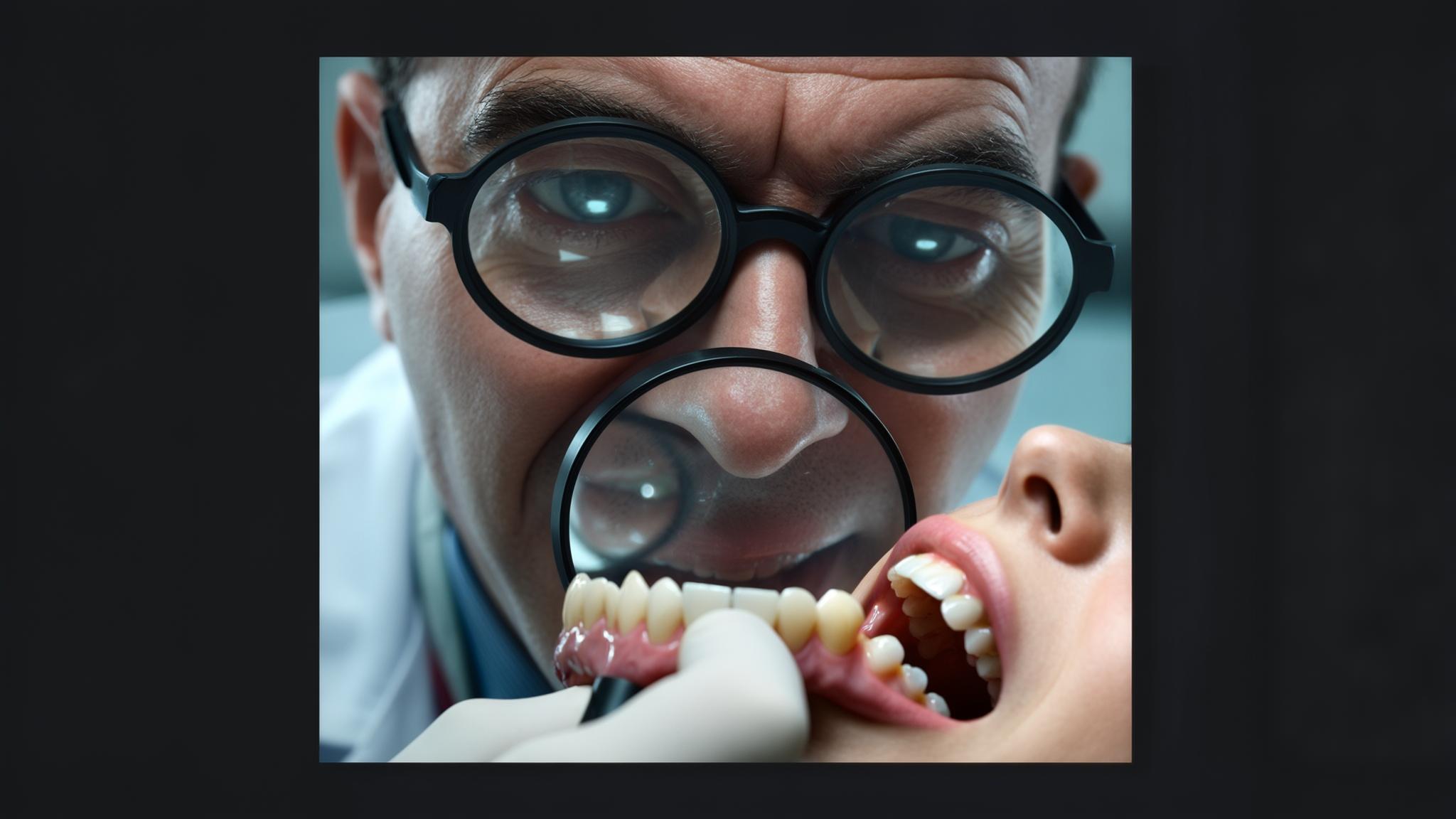Introduction
Regular dental check-ups are like routine maintenance for your car—essential for keeping things running smoothly. Dental check-ups involve professional evaluations of your oral health, typically conducted by a dentist or dental hygienist. These visits are crucial for maintaining healthy teeth and gums, as they can catch problems before they become serious. In this article, we'll explore how early detection of cavities during these check-ups can benefit your overall oral health.
Understanding Cavities
Cavities, also known as dental caries, are areas of tooth decay caused by bacteria. When you consume sugary or starchy foods, bacteria in your mouth produce acids that erode the tooth enamel. Over time, this process can lead to the formation of cavities.
What are Cavities?
- Tooth Decay Process: Imagine your tooth as a fortress. The outer layer, enamel, is its protective wall. When acids attack, they slowly chip away at this wall, eventually creating a breach—a cavity.
- Common Causes: Poor oral hygiene, such as infrequent brushing and flossing, allows plaque to build up. A diet high in sugar and carbohydrates feeds the bacteria that produce harmful acids.
Signs and Symptoms of Cavities
- Early Warning Signs: You might notice sensitivity to hot or cold foods, or see discoloration on your teeth. These early signs are subtle but important.
- Advanced Symptoms: If left untreated, cavities can cause pain, visible holes in your teeth, and even lead to infections.
The Role of Dental Check-Ups in Cavity Detection
Regular dental check-ups play a pivotal role in catching cavities early.
Frequency of Dental Check-Ups
- Recommendations: It's generally advised to visit the dentist every six months. However, some people, such as children or those with specific dental issues, may need more frequent visits.
What Happens During a Dental Check-Up?
- Examination Techniques: Dentists use visual inspections and X-rays to detect cavities that aren't visible to the naked eye.
- Importance of Professional Cleaning: Removing plaque and tartar through professional cleaning helps prevent cavities and other dental issues.
Benefits of Early Cavity Detection
Catching cavities early can make a significant difference in treatment and outcomes.
Prevention of Progression
- Stopping Worsening: Early detection means treating cavities before they worsen, avoiding more extensive damage.
- Treatment Comparison: Early-stage cavities might only require a simple filling, whereas advanced decay could necessitate a root canal or even extraction.
Cost-Effectiveness
- Financial Implications: Treating a small cavity is generally less expensive than addressing severe decay. Early detection can save you money in the long run.
- Insurance Considerations: Many insurance plans cover preventive care, making regular check-ups more affordable.
Preservation of Tooth Structure
- Minimally Invasive Treatments: Early treatment is often less invasive, preserving more of your natural tooth.
- Long-Term Health: By maintaining healthy teeth and gums, you support your overall well-being.
Psychological and Emotional Benefits
Regular check-ups and early detection can also benefit your mental health.
Reduced Anxiety
Knowing your dental health is monitored can reduce the anxiety often associated with dental visits.
Increased Confidence
Having a healthy mouth boosts confidence in your smile and overall appearance.
Positive Impact
Good oral health contributes to your overall quality of life, affecting everything from eating to social interactions.
Case Studies and Statistics
Real-Life Examples
Consider Jane, who caught her cavity early during a routine check-up. A simple filling saved her from a future root canal.
Statistical Data
Studies show that regular dental visits significantly reduce the prevalence of cavities and improve treatment outcomes.
Conclusion
Early cavity detection is crucial for maintaining oral health. Regular dental visits allow for early intervention, saving you from more serious issues down the line. Prioritize your dental health by scheduling regular check-ups and keeping your smile healthy and bright.
References
- American Dental Association: The Importance of Regular Dental Visits
- Journal of Dental Research: Early Detection and Prevention of Dental Caries
- Centers for Disease Control and Prevention: Oral Health Basics
For those interested in learning more about dental health and cavity prevention, consider exploring these resources.

